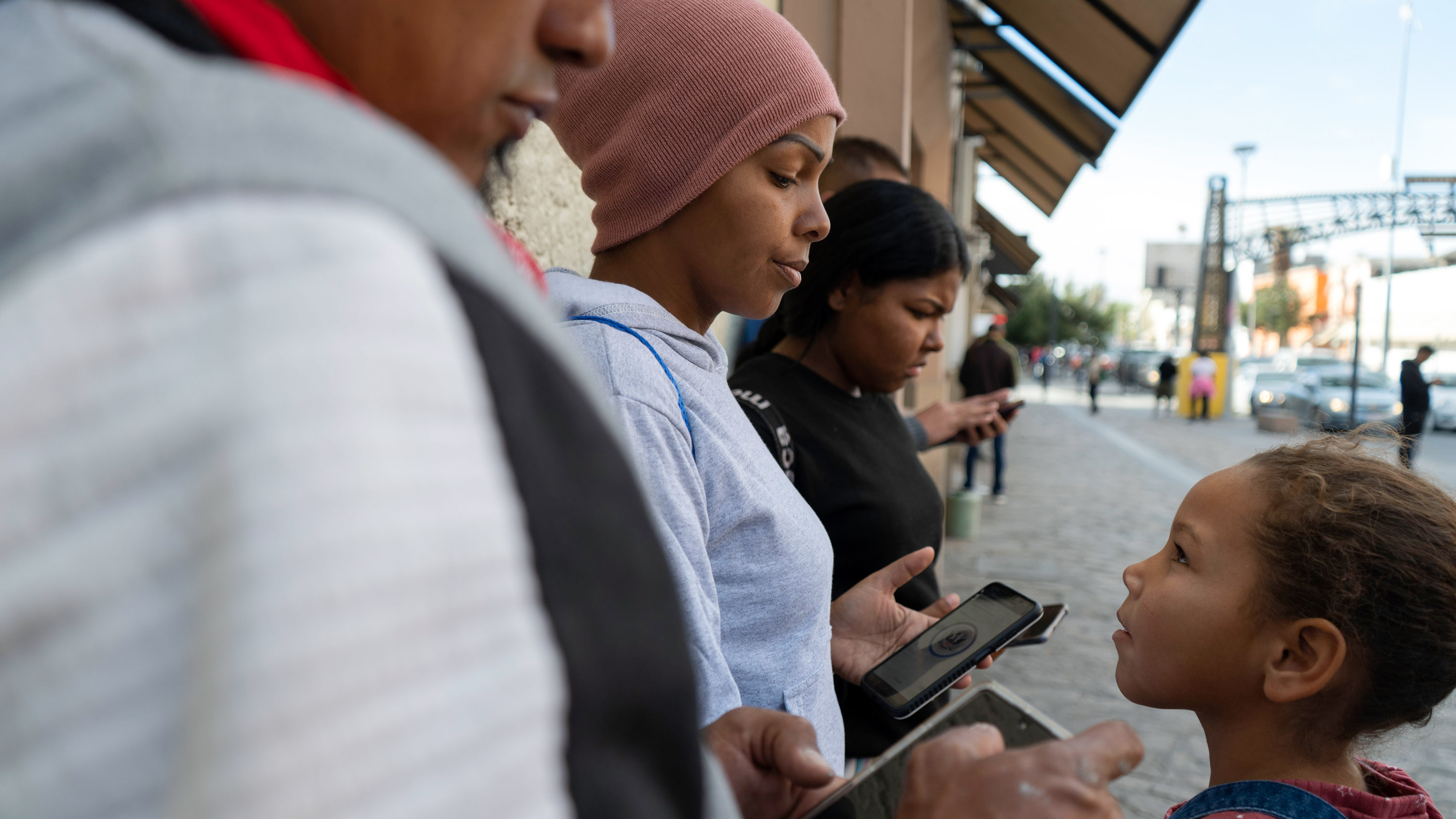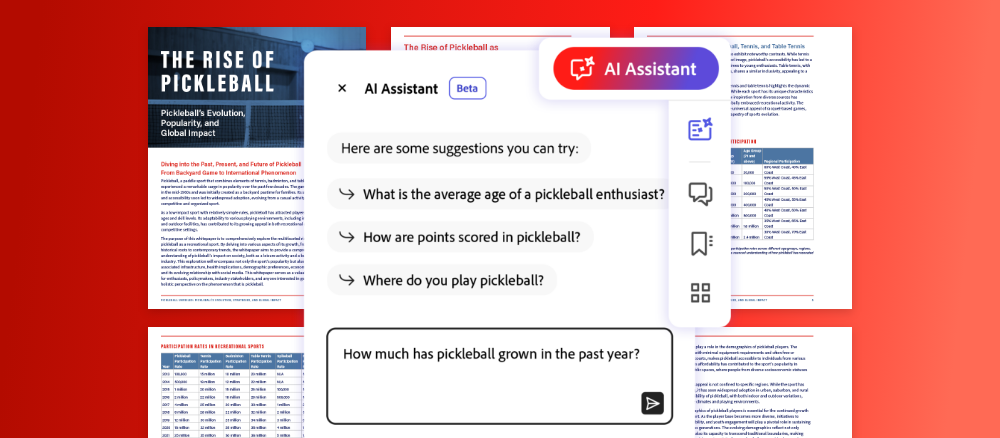The Download: recycling clothing, and fish-friendly hydropower
This is today’s edition of The Download, our weekday newsletter that provides a daily dose of what’s going on in the world of technology.
A polyester-dissolving process could make modern clothing recyclable
The news: Less than 1% of clothing is recycled. Most of the rest ends up dumped in a landfill or burned. A team of researchers hopes to change that with a new process that breaks down mixed-fiber clothing into reusable, recyclable parts without any sorting or separation in advance.
How they did it: Many garments are made of a mix of natural and synthetic fibers. Once these fibers are combined, they are difficult to separate. To tackle this problem, the team used a solvent that breaks the chemical bonds in polyester fabric while leaving cotton and nylon intact. To speed up the process, they power it with microwave energy and add a zinc oxide catalyst.
Why it matters: While similar methods have been used to recycle pre-sorted plastic, this is the first time they’ve been used to recycle mixed-fiber textiles without any sorting required. Read the full story.
—Sarah Ward
What new hydropower tech says about climate action
Back at MIT Technology Review’s ClimateTech event in 2022, Gia Schneider, a cofounder of Natel Energy, spoke about her company’s mission to design hydropower turbines that are safer for fish.
To illustrate her point, she shared grisly images of fish that had been hit by conventional turbine blades. On the other hand, the fish swimming through Natel’s turbines seemed relatively unbothered, curving around the blades and going on their merry way downstream.
Recently, our climate reporter Casey Crownhart had a chat with Schneider about how Natel is working to change hydropower technology and juggle climate action with freshwater ecosystems to make hydropower a bit more fish-friendly. Read the full story.
This story is from The Spark, our weekly newsletter covering innovations in climate and energy tech. Sign up to receive it in your inbox every Wednesday.
The must-reads
I’ve combed the internet to find you today’s most fun/important/scary/fascinating stories about technology.
1 Google’s plan to ditch tracking cookies is not going well
Adtech firms are worried the replacement program will pose major risks to publishers. (Insider $)
+ The new project could slash publisher ad revenue by 60%. (Press Gazette)
2 NASA is launching a gamma-ray telescope
In the hopes of studying the creation and destruction of chemical elements. (Ars Technica)
+ Inside NASA’s bid to make spacecraft as small as possible. (MIT Technology Review)
3 We need more alternative fuels
Planes, trains, and automobiles are getting leaner and greener. (Knowable Magazine)
+ Clean fuels are a hugely expensive moonshot. (MIT Technology Review)
4 Tom Hanks’ son has become a face of online white supremacy
He claims his phrase “white boy summer” has been hijacked by the far right. (NYT $)
5 Threads is weighing up selling ads
A year after launch, it still hasn’t toppled its bitter rival X. (Bloomberg $)
+ Threads’ aversion to hard news could make or break it. (WP $)
+ The platform has recently hit 175 million users and is still going. (The Verge)
6 The UK’s general election has descended into a cringe meme war
Young voters aren’t falling for it. (Wired $)
7 Inside the great air conditioning debate
There’s no rule saying you have to keep it at 72 degrees. (Vox)
+ AC units aren’t a long term defense against heat waves. (CNN)
+ Why air-conditioning is a climate antihero. (MIT Technology Review)
8 Thinking of changing your life? Try it in The Sims first
From testing out bold interior design choices, to learning new languages. (WP $)
+ How generative AI could reinvent what it means to play. (MIT Technology Review)
9 A teenager discovered her identical twin on TikTok
The revelation sparked the unraveling of a long-held family secret. (Vice)
10 The world’s most-delayed video game has finally been released
It’s been 22 long years in the making. (The Guardian)
Quote of the day
“We have won the war on floppy disks!”
—Taro Kono, Japan’s digital minister, tells Reuters he has succeeded in his mission to rid his government of its reliance on floppy disks.
The big story
The new US border wall is an app

June 2023
Keisy Plaza, 39, left her home in Colombia seven months ago. She walked a 62-mile stretch with her two daughters and grandson to reach Ciudad Juárez in Mexico, on the border with Texas.
Plaza has been trying every day for weeks to secure an appointment with Customs and Border Protection so she can request permission for her family to enter the US.
So far, she’s had no luck: each time, she’s been met with software errors and frozen screens. When appointment slots do open up, they fill within minutes. A new app, called CBP One, is supposed to help alleviate the sorts of issues Plaza has encountered. But will it? Read the full story.
—Lorena Rios
We can still have nice things
A place for comfort, fun and distraction to brighten up your day. (Got any ideas? Drop me a line or tweet ’em at me.)
+ If you’re traveling today, here’s how to avoid the worst of the traffic and crowds—whether that’s by car, plane, or train.
+ Similarly, if your pets aren’t enjoying the fireworks as much as you are, there’s plenty of ways to calm them down.
+ It’s the general election here in the UK, which can only mean one thing—dogs at polling stations!
+ What comes after Gen Z? Why, Gen Alpha, of course.




